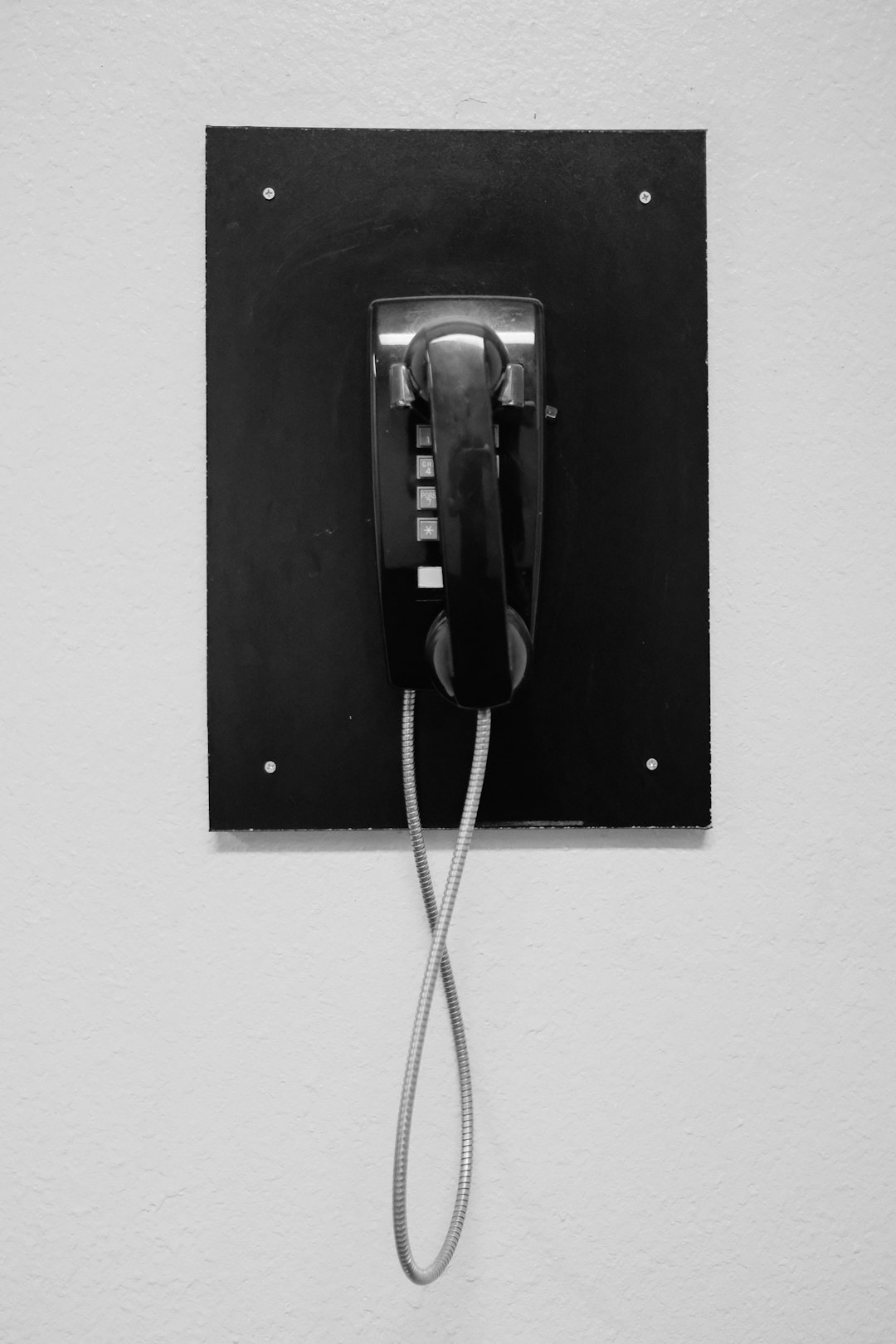North Carolina residents are protected from robocall harassment by strict robocall laws under the Telephone Consumer Protection Act (TCPA). These laws empower citizens with tools like a Do Not Call registry, consumer opt-out rights, and severe penalties for violators. By staying informed and utilizing blocking technologies, apps, and reporting resources, homeowners can effectively combat unwanted automated calls.
In today’s digital age, robocalls have become a pervasive and often harassing nuisance. North Carolina has specific laws in place to combat this issue. This article guides you through understanding the state’s robocall regulations, teaching you effective strategies to identify and report these calls. We’ll explore robust measures to block automated calls and delve into the broader impact of robocall harassment. By the end, you’ll be equipped with the knowledge to protect your North Carolina home from unwanted robocalls.
Understanding Robocall Laws in North Carolina
In North Carolina, understanding and adhering to robocall laws is crucial for residents looking to prevent unwanted automated phone calls. The Telephone Consumer Protection Act (TCPA) restricts the use of robotic or artificial voices for marketing purposes, limiting when and how businesses can contact consumers via phone. These laws are designed to protect individuals from intrusive and often deceptive practices, ensuring that personal privacy is respected.
North Carolina’s implementation of federal robocall regulations provides a framework for citizens to combat nuisance calls. It’s important for residents to know their rights and the regulations surrounding robocalls, such as requiring prior express consent before dialing, allowing consumers to opt-out of specific lists, and imposing strict penalties on violators. By staying informed about these laws, North Carolina homeowners can take proactive measures to minimize robocall harassment.
Identifying and Reporting Robocalls
In today’s digital era, robocalls have become a persistent and frustrating issue for many North Carolina residents. These automated phone calls, often promoting products or services, are legally regulated under the Telephone Consumer Protection Act (TCPA) in North Carolina. Identifying robocalls can be tricky as they often use spoofed numbers or hidden identities. However, suspicious calls can be recognized by repetitive messages, unusual call patterns, or unknown sources.
If you receive a robocall, it’s important to take action. Report the number to your service provider and consider using tools that block similar calls. Additionally, the Federal Trade Commission (FTC) offers resources to identify and report robocalls. By staying informed about the robocall Laws in North Carolina, residents can better protect themselves from unwanted and harassing phone calls.
Effective Measures to Block Automated Calls
In the face of growing robocall harassment, North Carolina residents have several effective measures at their disposal to block automated calls. One of the most significant tools is the Do Not Call list, which allows individuals to register their phone numbers and restrict marketing calls. This list is backed by state laws that enforce privacy rights, making it a robust first line of defense against unwanted robocalls.
Additionally, advanced call blocking technologies offer sophisticated solutions. Many home security systems now include call-blocking features, leveraging machine learning algorithms to identify and block known robocallers. Installing such systems can significantly reduce the volume of automated calls received. Furthermore, using specialized apps designed to filter out robocalls can be an easy and efficient way to protect against harassment, ensuring peace of mind for North Carolina homeowners.
The Impact of Robocall Harassment and Available Resources
Robocall harassment has become a significant issue for many North Carolina residents, disrupting their daily lives and privacy. These automated calls, often promoting products or services, can be relentless, leaving recipients feeling annoyed, frustrated, and even scared. The sheer volume of robocalls can be overwhelming, with many ending up in voicemails or being repeated at inopportune times, such as during work or family hours.
Fortunately, North Carolina has implemented robocall laws to protect its citizens from these intrusions. These regulations empower residents to take action against unwanted calls and provide resources for those affected. The state’s Attorney General’s Office offers guidance and support, including a Do Not Call registry where individuals can register their phone numbers to reduce the frequency of robocalls. There are also apps and tools available that help block and identify spam calls, offering some relief from this modern-day nuisance.






